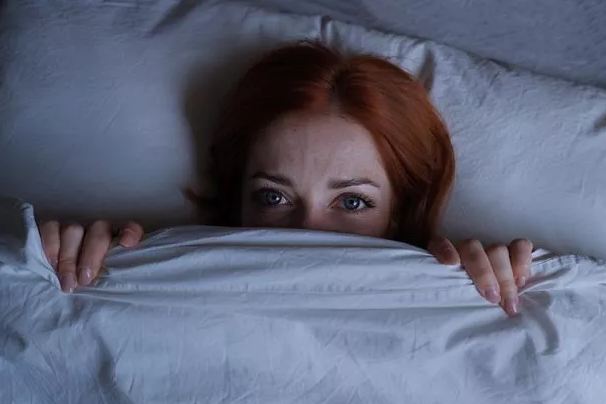Many people awake in surprise after dreaming of a loved one who has passed away. These experiences often feel intensely real so vivid that the waking mind struggles to distinguish them from reality. While mainstream science describes them as a form of emotional processing, other voices suggest these dreams could carry deeper meaning.
When a departed relative appears in a dream, the scenario may range from casual conversation to dramatic revelations. For some, the moment offers unexpected comfort. For others, it raises questions about life, death, and what happens beyond.
Emotional Processing or Something More?
From a psychological standpoint, dreaming of the deceased is often interpreted as the mind’s way of navigating grief. The brain uses sleep to reorganise thoughts, sort memories, and stabilise emotions. In the case of loss, these mechanisms can surface as “visitations” during slumber.
However, the familiarity and clarity of some dreams go beyond normal symbolic processing. Dream-ers report sensory details such as voice, touch or strong feelings of presence. These vivid dreams challenge standard sleep-science explanations and leave many wondering if more than introspection is at play.

The Comfort These Dreams Can Bring
For grieving individuals, dreams about a dead loved one can be soothing—or even transformative. They may provide a sense of closure, reassurance, or forgiveness long overdue. Imagine a scenario where a relative appears to offer wisdom, say goodbye, or just sit in silence with you. Such dreams can allow the dreamer to process things left unsaid.
In this way, the dreaming mind becomes a kind of safe space to resolve emotions. And for many, that experience is powerful, no matter its origin.
Cultural and Spiritual Perspectives
Across cultures, there’s a long tradition of viewing death and sleep as cyclically linked. Ancient mythologies pair gods of sleep and death as siblings, hinting at how the two states intertwine. Indigenous beliefs often assume spirits may communicate in dreams. These traditions offer an alternative lens through which to view experiences that science struggles to fully explain.
If a dream feels like real contact with the departed, cultural wisdom may suggest you have received a message—or at least a reminder of life’s connection beyond death.
What Does It Mean for You?
If you dream of someone who has died, take a moment to reflect on its possible meaning. Ask: what feelings did the dream stir? Was it comforting or unsettling? Who did the deceased appear to be—visitor, adviser, or silent presence?
You don’t need to label the dream as “true visitation” or “just my brain”—both approaches have value. The important part is what the experience means to you. If it helped you heal, release guilt, or feel connected again, it was meaningful. If it left you uneasy, it may invite exploration of grief, belief, or emotional balance.

Final Thoughts: Beyond Explanation
Dreams about those who have passed away sit at the crossroads of psychology, culture and spirituality. While scientific frameworks emphasise emotional processing, they don’t always account for the uncanny clarity and lasting impact many report. That gap—between what we can measure and what we feel—is where these dreams find their power.
Whether you view them as messages, memories, or mind-made stories, the core truth remains: your inner world is signalling something worth listening to. A dream of the deceased is more than imagery; it’s an invitation to reflect, release and reconnect—both with the person who appears and with yourself.

















